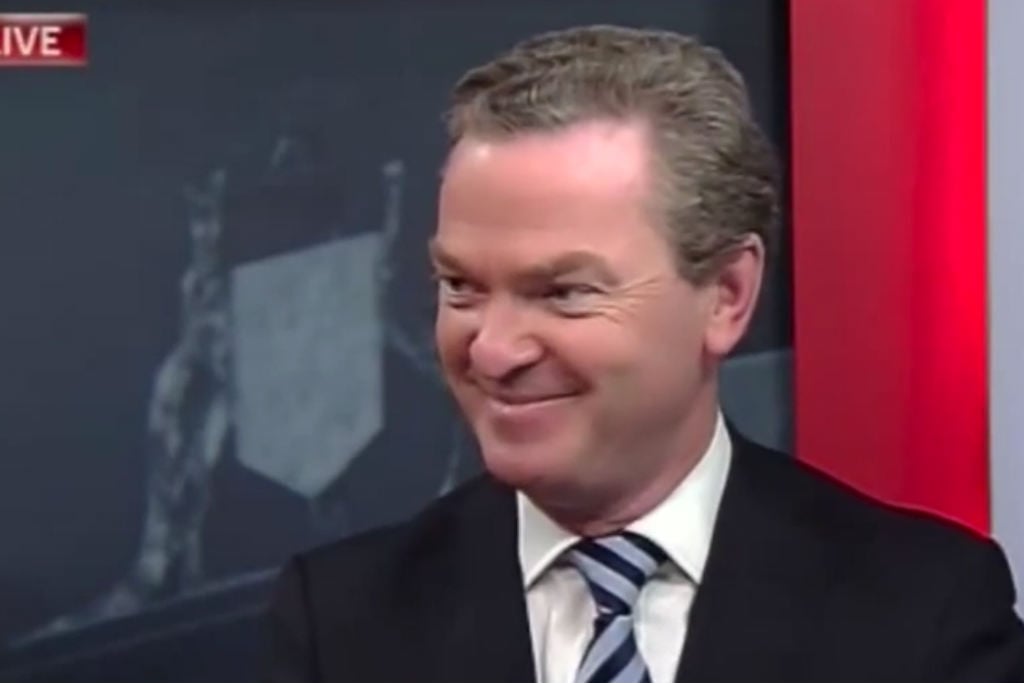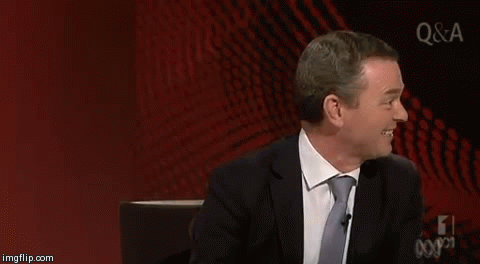The Government’s Having Yet Another Crack At Uni Fee Deregulation, Maybe Wants An Early Election
Christopher Pyne, you tricksy hobbit.

Last night was budget night, and amidst all the talk about small businesses and JOBS JOBS JOBS there was a small detail buried in the budget papers that initially went unnoticed:
“From January 1 2016, the Government will fully deregulate higher education by removing fee caps and expanding the demand-driven system to bachelor and sub-bachelor courses at all approved higher education providers … In addition, from January 1 2016, the Government will rebalance student and Commonwealth contributions towards a new student’s course fees by reducing subsidies for Commonwealth-supported places by 20 per cent on average.”
If that sounds hauntingly familiar, that’s because it is. After a solid year of humiliating backdowns, Senate opposition, abysmal opinion polls, widespread student protests, useless advertising campaigns paid for with taxpayer’s money and the most entertaining episode of Q&A to ever get hijacked, Education Minister Christopher Pyne is having another crack at deregulating university fees.
Oh hey everyone university deregulation is back. pic.twitter.com/Ss8S5pIXGc
— Joe McKenzie (@aJoeMcKenzie) May 12, 2015
It’s difficult to overstate how badly fee deregulation turned out for the government last time; besides the $7 GP co-payment, possibly no other proposed policy in last year’s budget was so reviled. Pyne’s increasingly desperate efforts to ram fee dereg through the Senate and down the public’s throats caused the government untold damage and saw them lose some very public battles. In the end, the Senate voted fee deregulation down twice and even the elite Group of 8 universities abandoned their support for the plan, and it seemed like Pyne’s plan was dead in the water.
Apparently not. Crossbenchers who opposed the reforms last time like independent Senator Nick Xenophon reckon the government’s trying to set itself up for an early election; if the Senate continues to oppose deregulation, and there’s no reason they wouldn’t, the government would have the trigger needed to call a double dissolution election later this year and take its chances. If it pays off, the government gets a completely new Senate that might be more amenable to the idea. If not, the government’s not the government anymore and it’s someone else’s problem.
Pyne infamously said he’d “fixed” the fee deregulation problem a few months ago, and promised we’d “find out in the budget” what he meant. “I want it to be a surprise for you.” Maybe the prospect of an early election is what he meant.
Pyne, you sly dog. Tried to sneak that one past us, dincha.
